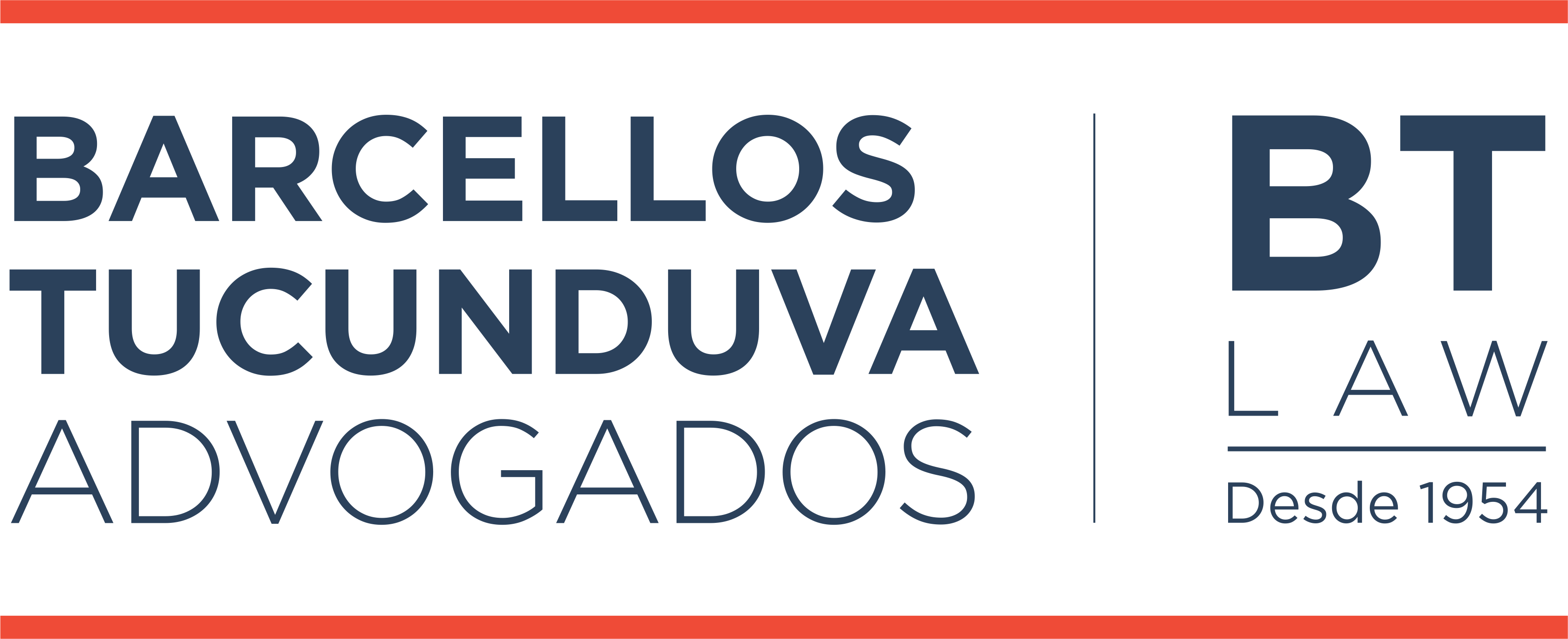PEC 45 – ITCMD and ITBI
In Brazil, Proposed Amendment to the Constitution (Proposta de Emenda à Constituição/PEC) 45 has already been approved by the Chamber of Deputies and is awaiting analysis by the Federal Senate. It will bring about changes to taxes levied on inheritances and donations (ITCMD) and to the transfer of real estate (ITBI) with an increase in the tax burden, making succession planning difficult.
ITCMD progression
According to PEC 45, ITCMD will be applied progressively on the value of the donated or inherited asset.
This means that the greater the amount inherited or donated, the higher the ITCMD rate will be.
In the current system, Brazil’s Federal Constitution allows for tax progression, depending on state law, but if the proposed changes are approved, progression will be mandatory in all Brazilian states.
Altogether, 17 of these states already apply ITCMD based on progressive rates. Nine states (São Paulo, Minas Gerais, Paraná, Espirito Santo, Mato Grosso do Sul, Alagoas and Amazonas) still apply tax based on fixed percentages, regardless of the value of the donated or inherited asset. Piauí is the only state with a mixed regime: a fixed value for donations, and progressive values for inheritance.
ITCMD rates
The maximum ITCMD rate will continue to be defined by Brazil’s Federal Senate.
With the tax reform, the maximum rate of 8% cannot be levied indiscriminately on all taxpayers. Because of the progressivity imposed, the maximum rate will only be able to reach values above a certain limit to be stipulated by the states.
It is worth noting that the maximum 8% rate has been in force for more than 30 years – and that Senate Resolution Proposal (Proposta de Resolução do Senado) 57/2019 is already being processed towards increasing the maximum ITCMD rate to 16%.
ITCMD on donations and inheritances from abroad
Although many Brazilian states already require ITCMD on inheritance or donations from non-residents in Brazil or on assets abroad, Brazil’s Federal Constitution requires the enactment of a Complementary Law to collect this tax – and this law has never been enacted.
So much so that, recently, the Federal Supreme Court concluded that state laws that aim to collect tax in these situations were unconstitutional, precisely due to the lack of enactment of a Complementary Law (General Repercussion Topic 825).
With the proposed reform, until the Complementary Law is enacted, ITCMD may be levied by the state in which: 1) where the real estate or respective rights are located; 2) where the donee is domiciled, if the donor is resident abroad, and where the assets are located if both are resident abroad; and 3) where the deceased was domiciled or, if the deceased was domiciled abroad, where the heir or legatee is domiciled.
Location of ITCMD taxation
The text of the approved PEC also changes the jurisdiction to collect tax in the case of transmission by inheritance, in relation to movable assets, titles and credits.
Currently, the Brazilian Federal Constitution determines that the competent State to collect the tax, in this case, is the one where the inventory or listing takes place.
With the proposed changes, ITCMD must be collected in the State where the deceased was domiciled.
The changes aim to prevent taxpayers from planning to process inventories in states where the ITCMD rate is lower.
Other changes
The tax reform creates ITCMD immunity for donations intended for non-profit, socially relevant institutions, including welfare and charity organizations belonging to religious entities and scientific and technological institutes, and carried out by them in achieving their social objectives.
The conditions for this immunity must be defined in a complementary law.
ITBI calculation basis
The only change proposed by the tax reform in relation to ITBI refers to the granting of powers to the Municipal Executive Branch to “update” the tax calculation basis.
Many Brazilian municipalities already do this: the Executive Branch annually updates the “reference market value” of properties to establish the ITBI calculation basis.
This practice is considered unconstitutional, taking into account that only a complementary law can define the basis for calculating taxes (art. 146, III, ‘a’, of the Federal Constitution and article 97, II and IV, of the National Tax Code/Código Tributário Nacional).
In this sense, Brazil’s Superior Court of Justice, in the Repetitive Topic 1,113 judgment, defined that “a municipality cannot previously decide the ITBI calculation basis based on a reference value established by it unilaterally.”
Therefore, the tax reform aims to validate the practice that is already adopted by municipalities, but considered illegal and unconstitutional by the Courts.
